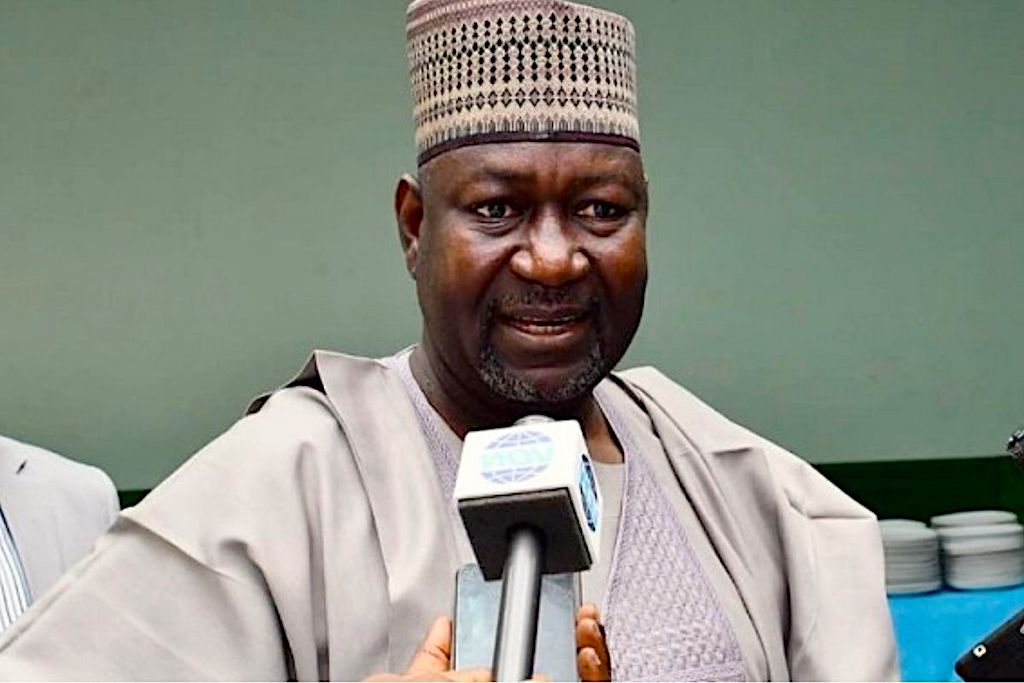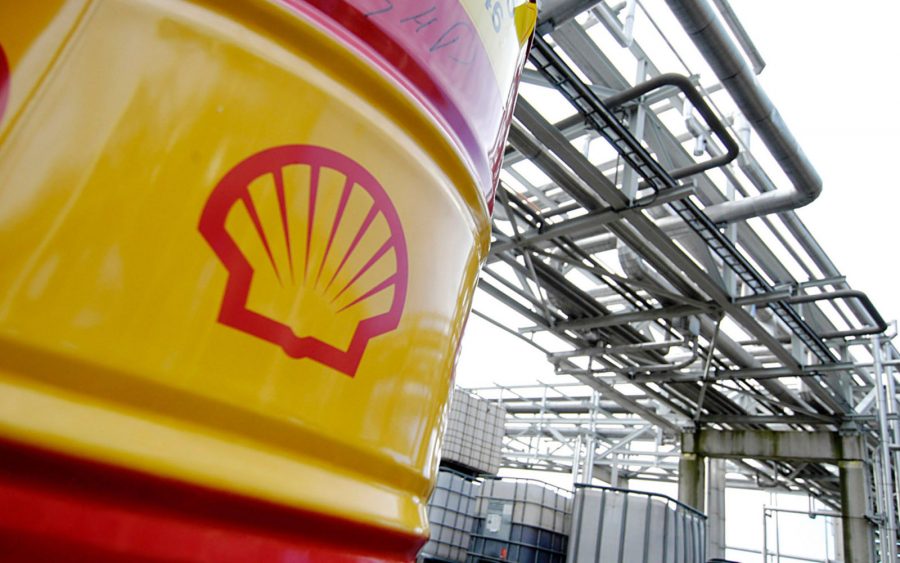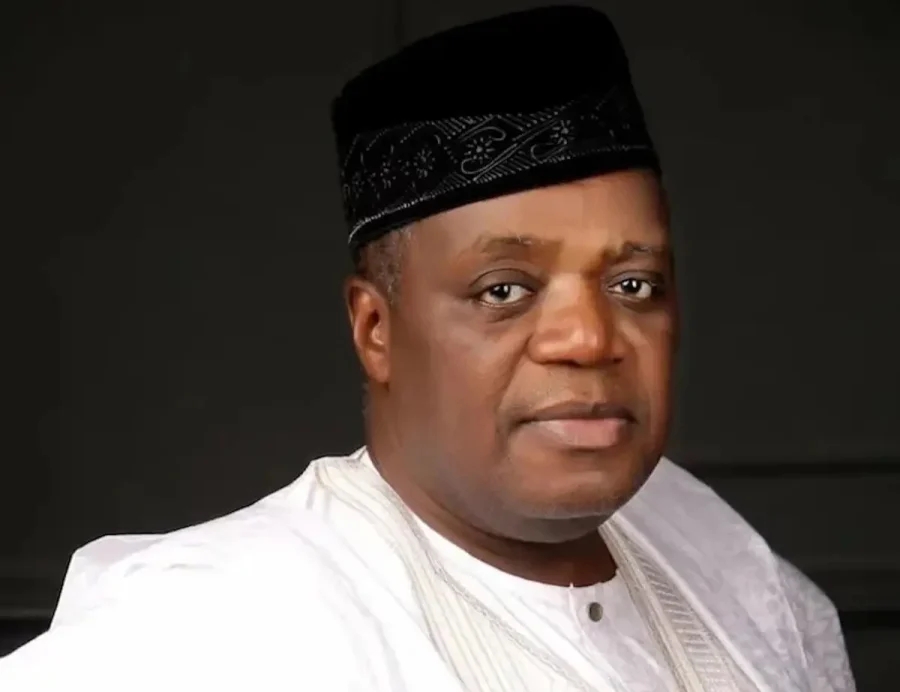Article summary
- Ministry of Power says Nigeria needs $24.5 billion to reach 30,000 megawatts by 2030, which is only 7 years away.
- The public sector is incapable of raising such funds, which is why the sector needs private-sector financing.
- Are policies in place to protect private sector participants? Are public-private partnerships protected in Nigeria? Is implementation taken seriously?
The Federal Minister of Power, Aliyu Abubakar has stated that Nigeria needs $24.5 billion to reach 30,000 megawatts (MW) by 2030. He stated this during the Solar Power Naija Program Investor Matchmaking event held in Abuja on Thursday, May 11.
The Minister who was represented by Eyo Babalola, the Director of Investments and Power Sector Development at the Ministry of Power said that the Federal Ministry of Power is at the center of undertaking critical actions that would transform the industry from a public to a private sector-driven entity.
According to Babalola, Nigeria needs private sector players to invest about $3.5 billion every year, raising electricity generation capacity to 30,000 MW.
Has the Ministry of Power said this before?
Indeed, it has. As far back as February 2022, Nigeria’s Ministry of Power revealed that it was ready to partner with private sector investors to improve electrification in the country. This position was made known by Mathew Osumanyi Dan’asabe, the Information Officer, Press and Public Relations at the Ministry of Power, who was engaging Hidayet Bayrata, the Turkish Ambassador to Nigeria.
At the time, the Buhari administration was looking forward to partnering with Turkey along energy, energy efficiency and renewable energy lines. However, little is known about the implementation of the partnership.
Other private sector players are also aware of moves made by the Buhari administration to improve the power sector in recent years. However, it seems implementation remains a challenge to an extent.
A silver lining
The Rural Electrification Agency (REA) under the Buhari administration has however, been able to increase the country’s electrification rates through renewable energy installations. As of 2022, REA programs have electrified over 5 million Nigerians, and 1,227,465 solar home systems (SHS) have been deployed across the 36 states of the Federation.
Meanwhile, 67 mini grids have been completed with 52 megawatts (MW) of solar photovoltaic capacity deployed, and 26 containerized solar systems have been deployed to health facilities across the country. Also, 249,193 tons of carbon emissions have been saved, while 1,151 jobs have been created.
Improving private sector participation
According to the World Bank, countries like Nigeria can improve private sector participation in its power sector if a supportive policy environment is developed and sustained. The government must focus on policies and regulations that encourage private investment in the power sector, promote competition, and protect consumer rights. They must also focus on building public-private partnerships to leverage the strengths of both sectors and ensure sustainable and equitable access to electricity.

















